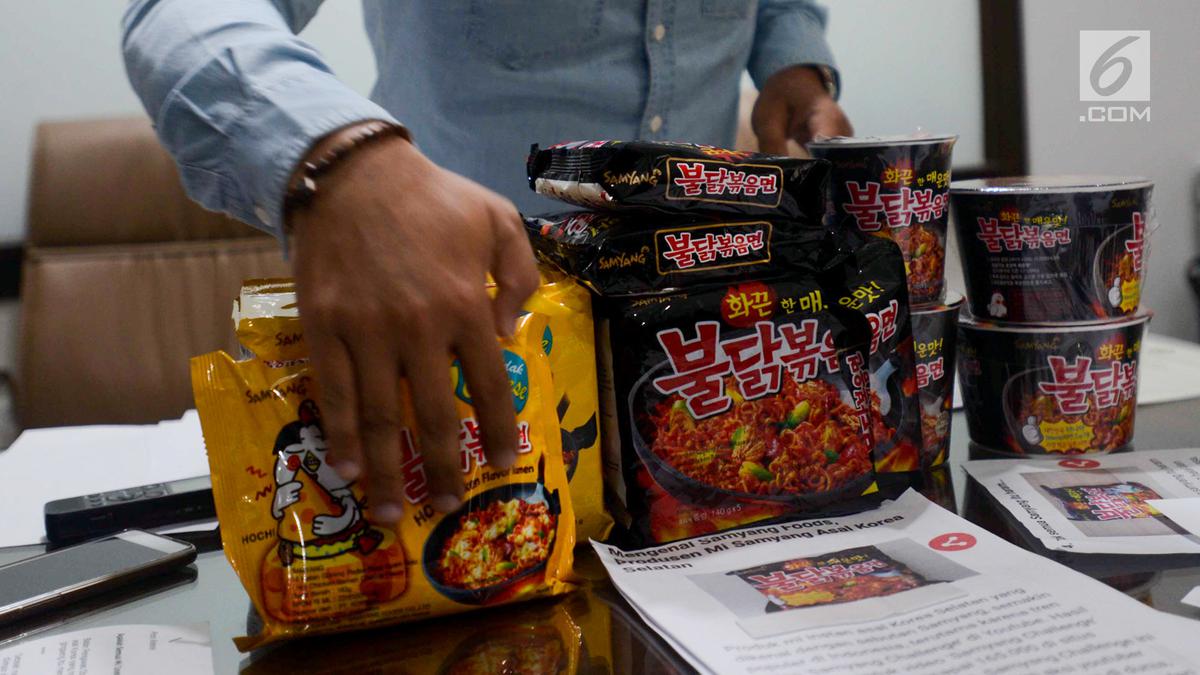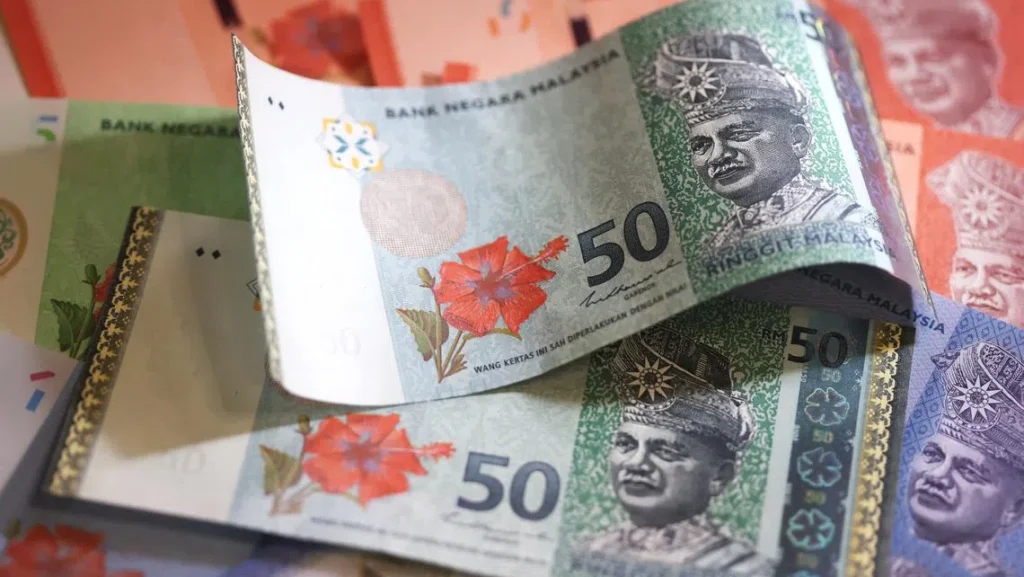The Korea Agro-Fisheries & Food Trade Corporation (aT) has initiated an extensive program to support Indonesian importers bringing South Korean food products to local markets. This initiative offers multi-faceted support, from consultation on customs procedures and product labeling adjustments to financial subsidies covering up to 80% of registration costs with Indonesia’s National Agency of Drug and Food Control (BPOM). The program also includes pre-registration services for Korea’s halal certification, a key requirement for the Indonesian market where halal products form a cornerstone of consumer demand.
According to Lee Seung Hoon, Chief Representative of the Korea Agro-Trade Center (aT Center) in Jakarta, the program’s goal is to address the challenges faced by importers navigating complex customs and regulatory requirements, offering a streamlined process to adapt Korean food products to local market standards. He emphasized that the initiative reflects Korea’s commitment to establishing Korean food brands on a global stage while supporting international importers in adapting to local compliance needs. “Through this program, we are able to provide customized consultations that meet each importer’s specific requirements, allowing for smoother localization and customs processes,” Lee explained, emphasizing the program’s comprehensive nature and adaptability to various business needs.
The financial support provided by this initiative is substantial, with a subsidy covering up to 80% of registration costs and a yearly cap of 200 million won (roughly 2.5 billion Indonesian rupiah) per participating company. This level of assistance aims to reduce the financial strain on Indonesian importers, particularly for smaller companies seeking to expand their offerings of Korean food products. By easing the cost burden associated with regulatory compliance, the Korea Agro-Fisheries & Food Trade Corporation hopes to make Korean products more accessible to Indonesian consumers while enabling importers to operate with greater financial flexibility.
In recognition of Indonesia’s stringent halal certification standards, aT’s program also offers additional support for meeting halal requirements. Indonesian importers can register Korean food products with SIHALAL for official Indonesian halal certification, in addition to Korean halal certifications provided by organizations such as the Korea Muslim Federation (KMF) and the Korean Halal Authority (KHA). The integration of these certification pathways is intended to align Korean products with Indonesian market demands, where halal-certified products are widely favored. By facilitating this process, the program aims to increase the appeal and competitiveness of Korean food brands in Indonesia’s expansive market.
Lee further expressed that the overarching objective of the program is to amplify the global competitiveness of Korean food products by reducing localization challenges and promoting easier access for foreign importers. In inviting Indonesian importers to participate, he reiterated the corporation’s commitment to building long-term partnerships that benefit both Korea and Indonesia. This proactive approach aims not only to enhance Korean food products’ visibility in Indonesia but also to cultivate sustainable trade relationships that will fuel growth for both countries’ food industries.
The Korea Agro-Fisheries & Food Trade Corporation’s efforts are reflective of a broader trend to create mutually beneficial relationships with international partners by addressing key barriers to entry and localization. Through this initiative, the aT Corporation stands as a strategic ally for Indonesian businesses, helping to pave the way for a stronger presence of Korean products in the Indonesian market while setting the stage for a more integrated and cooperative trade landscape in the region.









